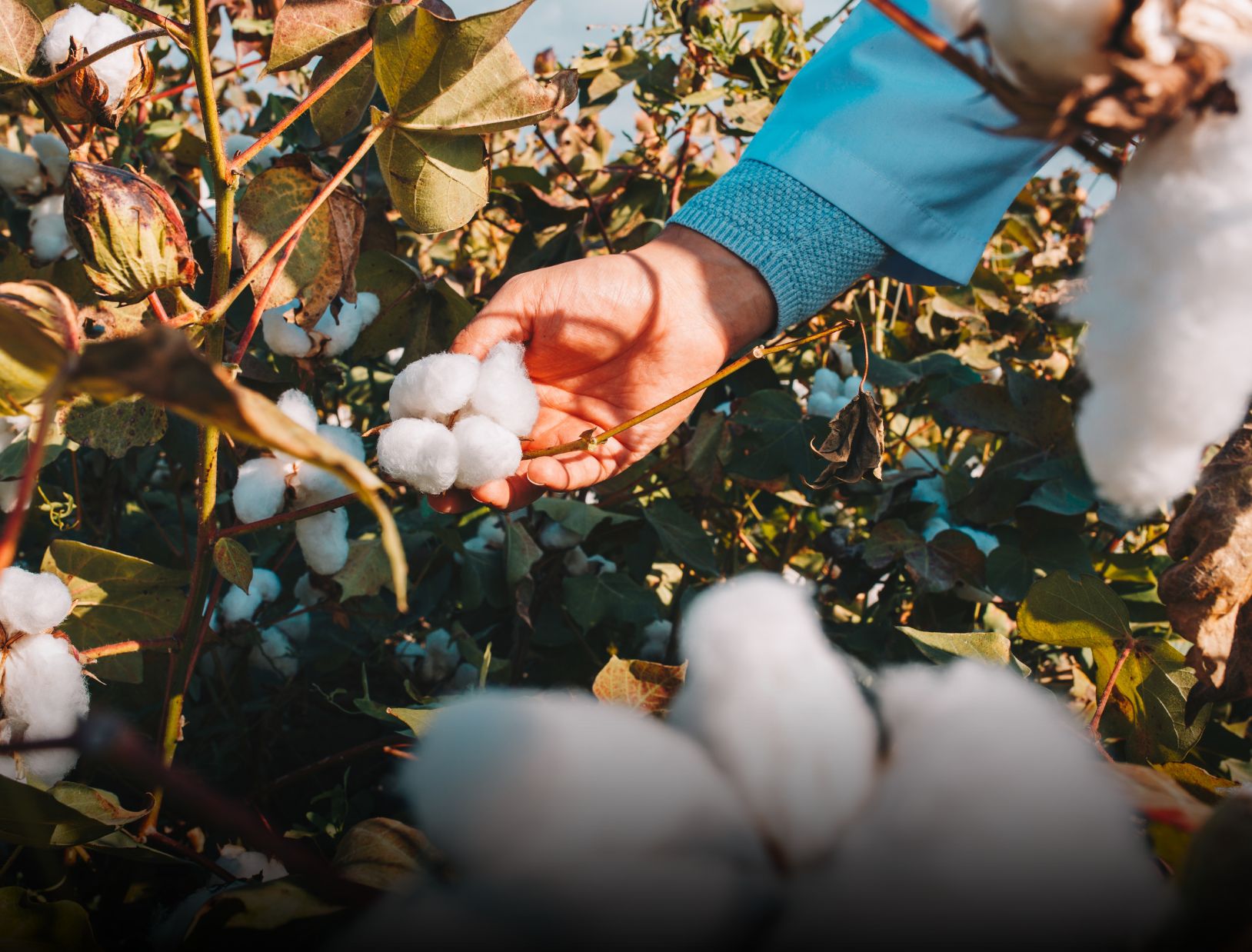
Introduction:
In the fast-paced rhythm of modern life, where technology and innovation dominate the landscape, traditional farming practices stand as resilient testaments to the cultural richness embedded in our agrarian heritage. Beyond their utilitarian function of sustenance, these time-honored methods carry a profound cultural significance that weaves a tapestry of traditions, beliefs, and communal bonds.
Roots in Tradition:
Traditional farming practices, deeply rooted in cultural traditions, serve as a living connection to our ancestors. Passed down through generations, these methods encapsulate the wisdom and knowledge acquired over centuries. The rituals associated with planting, harvesting, and crop rotation are not mere agricultural tasks; they are sacred ceremonies that bind communities and families to their cultural identity.
Communal Bonds:
One of the most compelling aspects of traditional farming is its ability to foster communal bonds. The shared responsibility of tilling the land, sowing seeds, and reaping the harvest instills a sense of unity that transcends individual pursuits. In traditional agrarian societies, the farm is not just a source of sustenance; it is a communal endeavor, where the success of one is intertwined with the success of all.
Ceremonial Rhythms:
Traditional farming practices are often accompanied by a rich tapestry of ceremonies, festivals, and rituals. These ceremonies, rooted in cultural and religious beliefs, imbue the agricultural cycle with meaning beyond the mundane. Whether it's a ceremony to bless the seeds before planting or a harvest festival celebrating the abundance of the land, these rituals create a sense of continuity and purpose.
Biodiversity and Sustainability:
Unlike contemporary industrial farming, traditional methods prioritize biodiversity and sustainability. Crop rotation, intercropping, and the use of natural fertilizers are time-tested techniques that not only ensure a bountiful harvest but also maintain the ecological balance of the land. In a world grappling with environmental challenges, the inherent sustainability of traditional farming practices offers valuable lessons for a more harmonious coexistence with nature.
Preservation of Cultural Identity:
As societies evolve, the preservation of cultural identity becomes increasingly crucial. Traditional farming practices serve as repositories of cultural values, folklore, and indigenous knowledge. From the choice of crops based on regional climate to the unique methods of irrigation passed down through generations, each facet of traditional farming encapsulates a piece of cultural identity that might otherwise be lost in the tide of modernization.
Challenges and Adaptation:
While traditional farming practices hold immense cultural significance, they are not immune to the challenges of the modern world. Economic pressures, climate change, and urbanization pose threats to the continuity of these practices. However, communities around the globe are adapting, finding innovative ways to blend tradition with modern agricultural techniques, ensuring the survival of their cultural heritage.
Conclusion:
In a world increasingly detached from its agrarian roots, the cultural significance of traditional farming practices serves as a reminder of the intricate relationship between humanity and the land. Beyond the mere act of cultivation, traditional farming is a living testament to the resilience of cultural identity, the strength of communal bonds, and the wisdom encapsulated in the rituals passed down through generations. As we navigate the complexities of the modern age, acknowledging and preserving these practices becomes not just a choice but a commitment to sustaining the rich tapestry of our cultural heritage.





